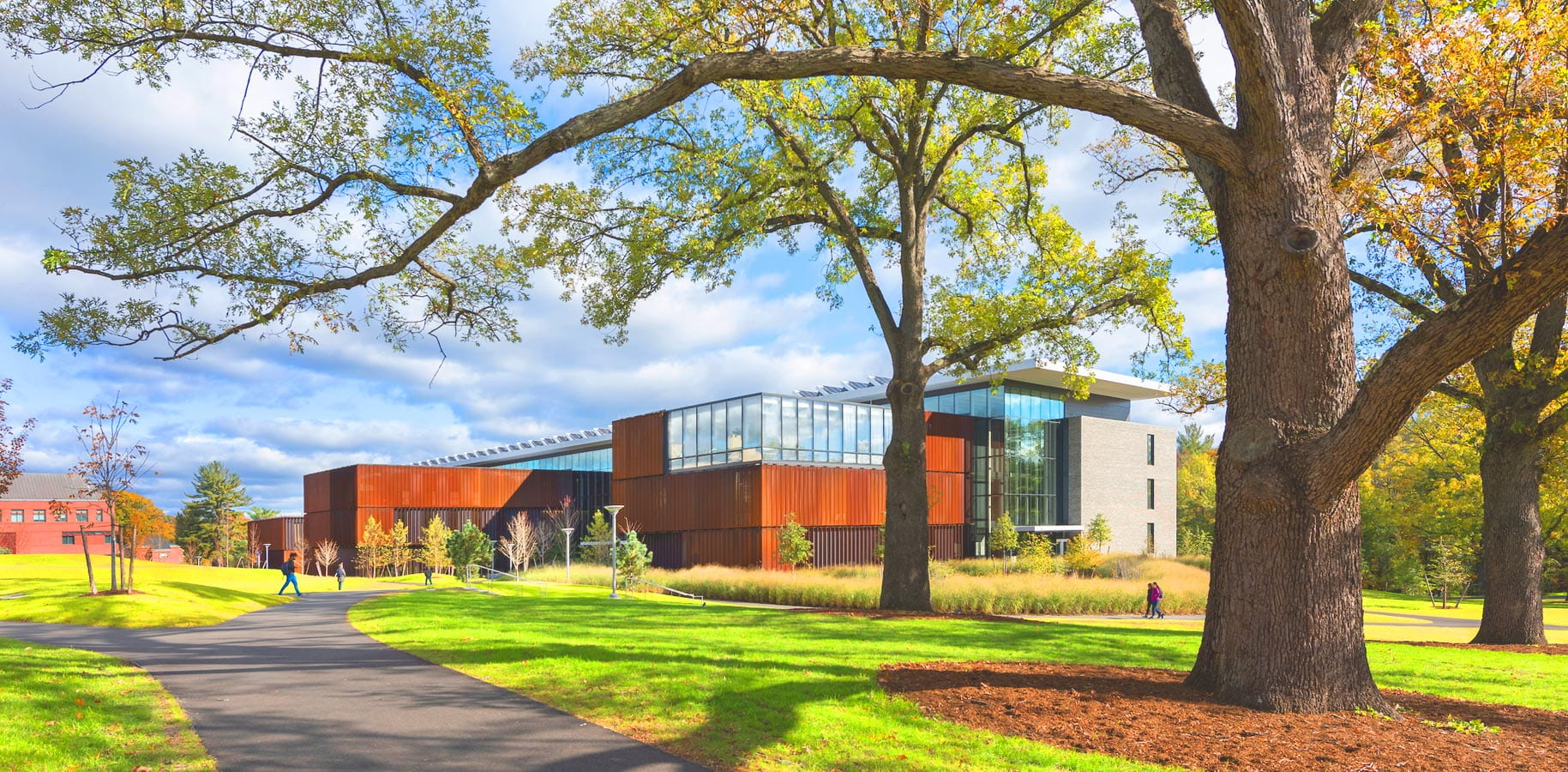Updated: Jul 3, 2020
Hello! My name is Jonah Horowitz, and I’m a rising junior and chemistry major at Amherst. I’m writing from my family’s house in Alexandria, VA, where I pass the time by reading and playing the guitar. On top of these hobbies, I also just began working at the Virginia Institute of Marine Science (VIMS), a grad school at the College of William & Mary.
Two weeks ago, I joined a biogeochemistry lab at VIMS that studies the makeup of the York River estuary and its role in marine carbon cycles. Had the program been in person, I likely would have spent a lot of time on the estuary itself, collecting data samples, and then analyzing them back at the university’s campus at Gloucester Point, VA. As much of this work is no longer an option, my project for this summer is to analyze some data sets from past years in the R programming language.
My aim is to quantify the relationships between different classes of molecules in the estuary, like how, for instance, the concentration of ammonium will affect the prevalence of dissolved inorganic carbon (like CO2, H2CO3, etc.) in the water column. Ultimately, I hope to generate some models that show how the many physical, biological, and chemical factors that define an estuary affect CO2 emissions. As estuaries are thought to play a prominent role in marine carbon cycling, a robust understanding of these factors is important to environmental scientists. One day, this field of research could help other modelers create more accurate global carbon budgets to better respond to climate change.
I’m really excited to join the other Amherst researchers writing about their summer jobs for the Network. For one, I hope that my posts help others to figure out whether marine science is a good fit for them, just as I’m figuring out for myself right now. I’m also interested in comparing my virtual experience with other bloggers’, to see how other colleges and businesses have adjusted to these unprecedented circumstances.
During a typical school year, I’m work in the Marshall/Leung lab. One aspect of our Amherst lab work that I’ve valued so far is the ability to closely collaborate with others. At school, my labmates and I have become good friends over the past year, and they have helped keep me motivated. At VIMS, however, I’m the only REU student in our lab. Coupled with the program’s virtual format, this means that nowadays I work alone for large chunks of the day. Conducting research without a strong sense of community has been challenging for me.
Still, despite the peculiarities of working during a pandemic, I’ve already learned a lot in these past two weeks. Before joining the lab at VIMS, for instance, I wouldn’t have imagined that so many factors – from the speed of the current to the species of microbe buried in underwater sediment – were central to determining estuarine carbon emissions. The more detailed my understanding of these systems becomes, the more curious I find myself about the questions that my PI has encouraged me to explore. In short, I’m looking forward to the weeks to come.
